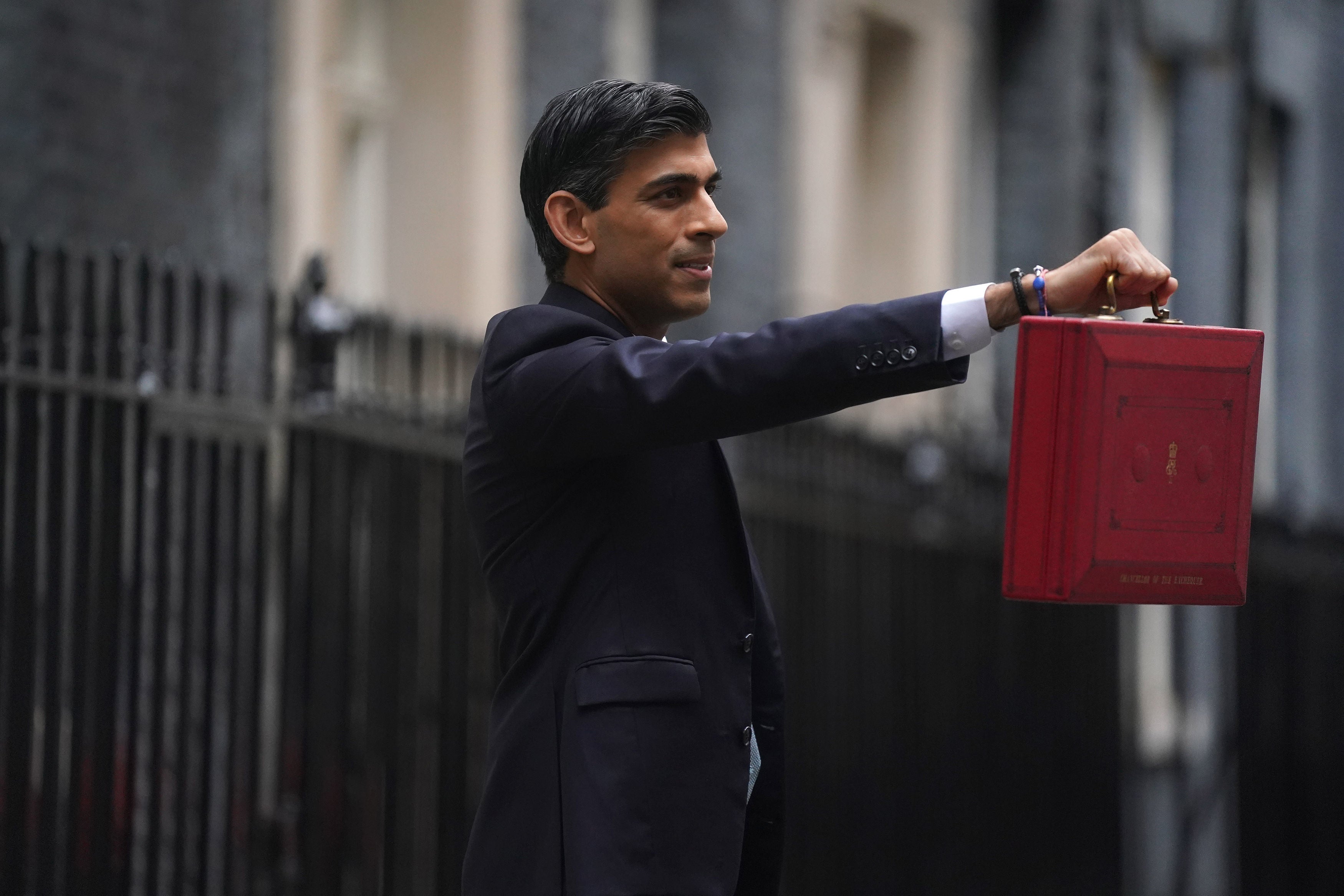Cop26: UK has failed poorest nations on climate, chief government adviser warns
Exclusive: Failure to secure promised funding and an ‘immoral and unacceptable’ decision to slash aid offer the wrong impression ahead of the Glasgow summit, said Lord Deben
Your support helps us to tell the story
From reproductive rights to climate change to Big Tech, The Independent is on the ground when the story is developing. Whether it's investigating the financials of Elon Musk's pro-Trump PAC or producing our latest documentary, 'The A Word', which shines a light on the American women fighting for reproductive rights, we know how important it is to parse out the facts from the messaging.
At such a critical moment in US history, we need reporters on the ground. Your donation allows us to keep sending journalists to speak to both sides of the story.
The Independent is trusted by Americans across the entire political spectrum. And unlike many other quality news outlets, we choose not to lock Americans out of our reporting and analysis with paywalls. We believe quality journalism should be available to everyone, paid for by those who can afford it.
Your support makes all the difference.Britain has let down the world’s poorest nations by failing to help them tackle the climate crisis, the government’s top adviser has warned.
Lord Deben, chair of the Climate Change Committee, said the UK had “caused climate change more than anyone else”, but not done enough to secure global funding for those now hit hardest by its effects. He also criticised the “immoral” decision to slash Britain’s own foreign aid budget.
On the eve of the Cop26 summit, the former Tory minister told The Independent these failures risked undermining the UK’s leadership in the crucial negotiations.
Back in 2009, richer nations promised to provide $100bn a year in climate finance to poorer countries by 2020.
But a recent analysis released by the UK’s Cop26 team said that rich countries are currently on track to meet the funding target by 2023, three years late.
“The one weakness we go in with is over helping the developing countries,” Lord Deben said.
“Britain has caused climate change more than anyone else. We invented the Industrial Revolution, it’s part of our history. We’ve caused climate change and we’ve got to pay for it.
“The fact that we haven’t yet put together the money which we promised to help the developing countries move from where they are to where they ought to be is a considerable drawback.”
He added that the government’s decision to temporarily slash foreign aid from 0.7 to 0.5 per cent of the national income in November 2020 was likely to haunt negotiations at the summit.
Britain has caused climate change more than anyone else. We invented the Industrial Revolution, it’s part of our history. We’ve caused climate change and we’ve got to pay for it
“The quite unacceptable decision by Britain to reduce its overseas aid, which is immoral and unacceptable in every way – so I would be opposed to it in any case – gives the wrong signal to developing countries.
“It’s the wrong signal not just because of the amount, but because it means there’s much less women’s education in the world, and that of course is crucial for nations becoming more resilient [to climate change].”
In his Budget announcement on Wednesday, chancellor Rishi Sunak said that the cut to foreign aid would last until at least 2024-25.
And in July, The Independent revealed that the UK’s own contribution to the £100bn climate finance fund was to be paid for by even deeper cuts to the UK’s other overseas aid projects.
“The cut in overseas development aid was quite unacceptable from a timing point of view,” Lord Deben said.

“If we can’t secure the money that we promised, then we could have at least looked like a nation which was more generous than others. But now we don’t look like that.
“We’ve gone back not only on our promises, but also on what the Conservatives put in their manifesto.”
He added that he believed the government had made good progress in other areas.
He said he welcomed the general contents of the government’s recently published net zero strategy, its plan for how it will cut CO2 emissions to effectively zero by 2050.
“The fact is this is a net zero strategy that takes Britain ahead of many countries, probably all countries,” he said.
However, he added the strategy contained “very clear gaps” when it comes to how land will be harnessed in climate efforts – and how the government will convince people to eat less meat and fly less.
“I understand why the government is reluctant to talk about changes in behaviour because it doesn’t want to look like the nanny state. But you can’t ignore it,” said Lord Deben.
He added that he believed success could be “still within grasp” at Cop26.
“I am optimistic that we will be able to do something serious and that we will have a good deal of success,” he said.
“We have so little time. The fear is that I don’t think people have yet recognised that if you don’t do it, the tipping point is much nearer than we understand, in terms of the permanent changes which would entirely destroy the way of life we have.”
When approached by The Independent, the government declined to comment.
Join our commenting forum
Join thought-provoking conversations, follow other Independent readers and see their replies
Comments